Raspberry Pi launches next-gen Pico W microcontroller with networking support
It comes with Wi-Fi connectivity for the first time, opening up a variety of projects for developers
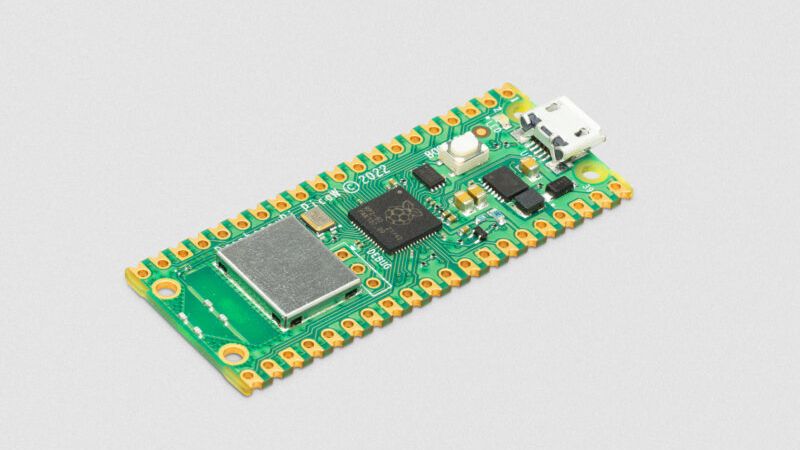

Raspberry Pi has launched the Pico W - its first microcontroller to use Raspberry Pi-built silicon and the first to support wireless connectivity.
The RP2040 chip is designed to power the next generation of Pico boards, according to the Cambridge-based firm, offering 2.4GHz 802.11n wireless connectivity, delivered through Infineon’s CYW43439 wireless chip.
Raspberry Pi: Top projects to try yourself A complete guide to Raspberry Pi OS Raspberry Pi ten years on: Breathing new life into retro machines
The CYW43439 chip supports Wi-Fi, Bluetooth Classic, and Bluetooth Low-Energy. Raspberry Pi said it has not enabled Bluetooth on the Pico W, “but may do so in the future”.
The 802.11n Wi-Fi standard is relatively old for today’s networking technology - it can be seen as ‘Wi-Fi 4’ while the world is now moving to Wi-Fi 6 and Wi-Fi 6E - but Raspberry Pi markets the Pico series as an internet of things (IoT) platform, suitable for a number of different projects.
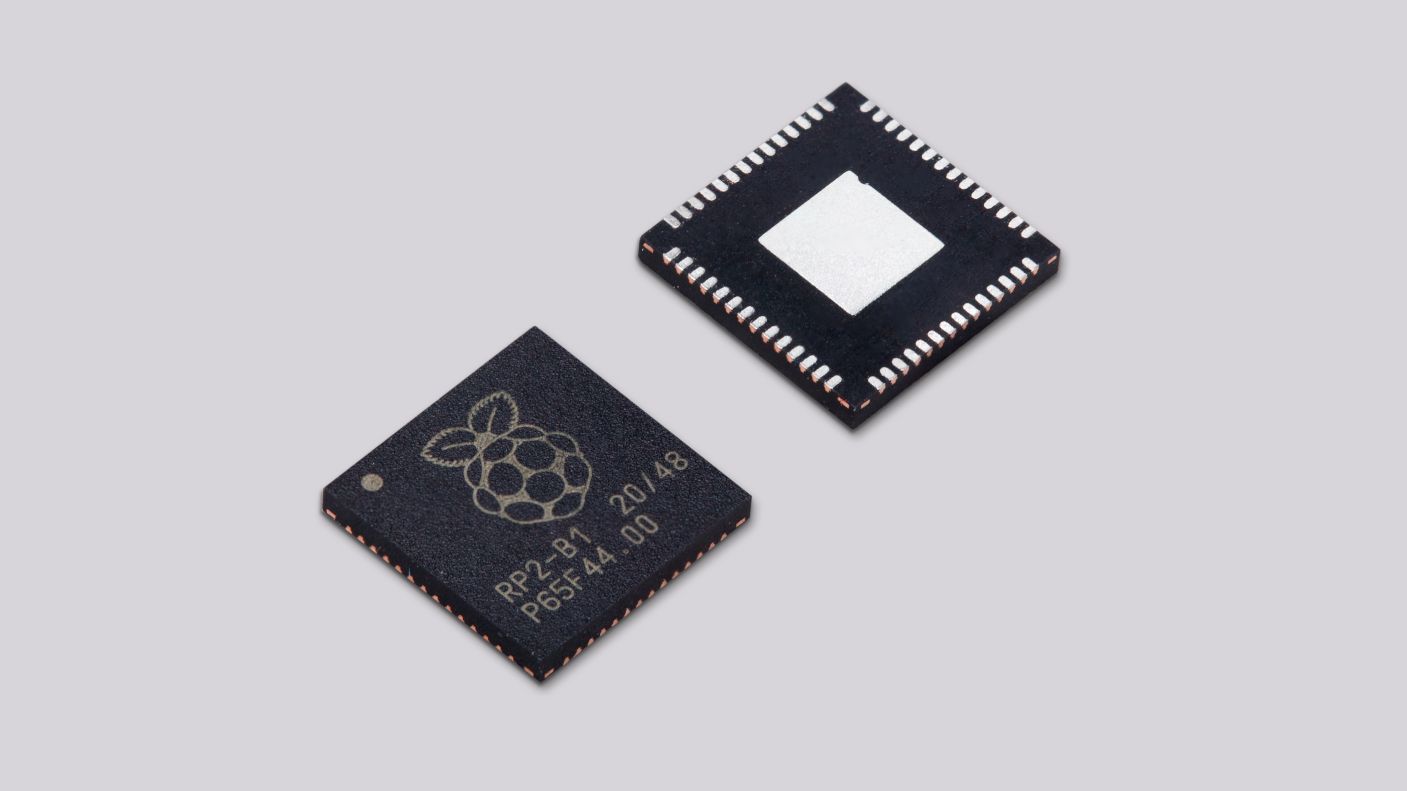
The company said the fast cores, large memory, and flexible interfacing make its RP2040 chip ideal for IoT applications like a balloon tracker, robotics, and machine learning with gesture-recognising devices, for example.
The company also regards it as an ‘experimental’ alternative for design engineers looking for functional hardware amid the global semiconductor shortage - a shortage which has “vastly accelerated [RP2040] adoption,” it said.
The new Raspberry Pi Pico W is out now and costs $6 (£5), which is about one dollar or one British pound sterling more than its predecessor. It retains complete pin compatibility with the original Raspberry Pi Pico and delivers wireless connectivity for the first time.
Sign up today and you will receive a free copy of our Future Focus 2025 report - the leading guidance on AI, cybersecurity and other IT challenges as per 700+ senior executives
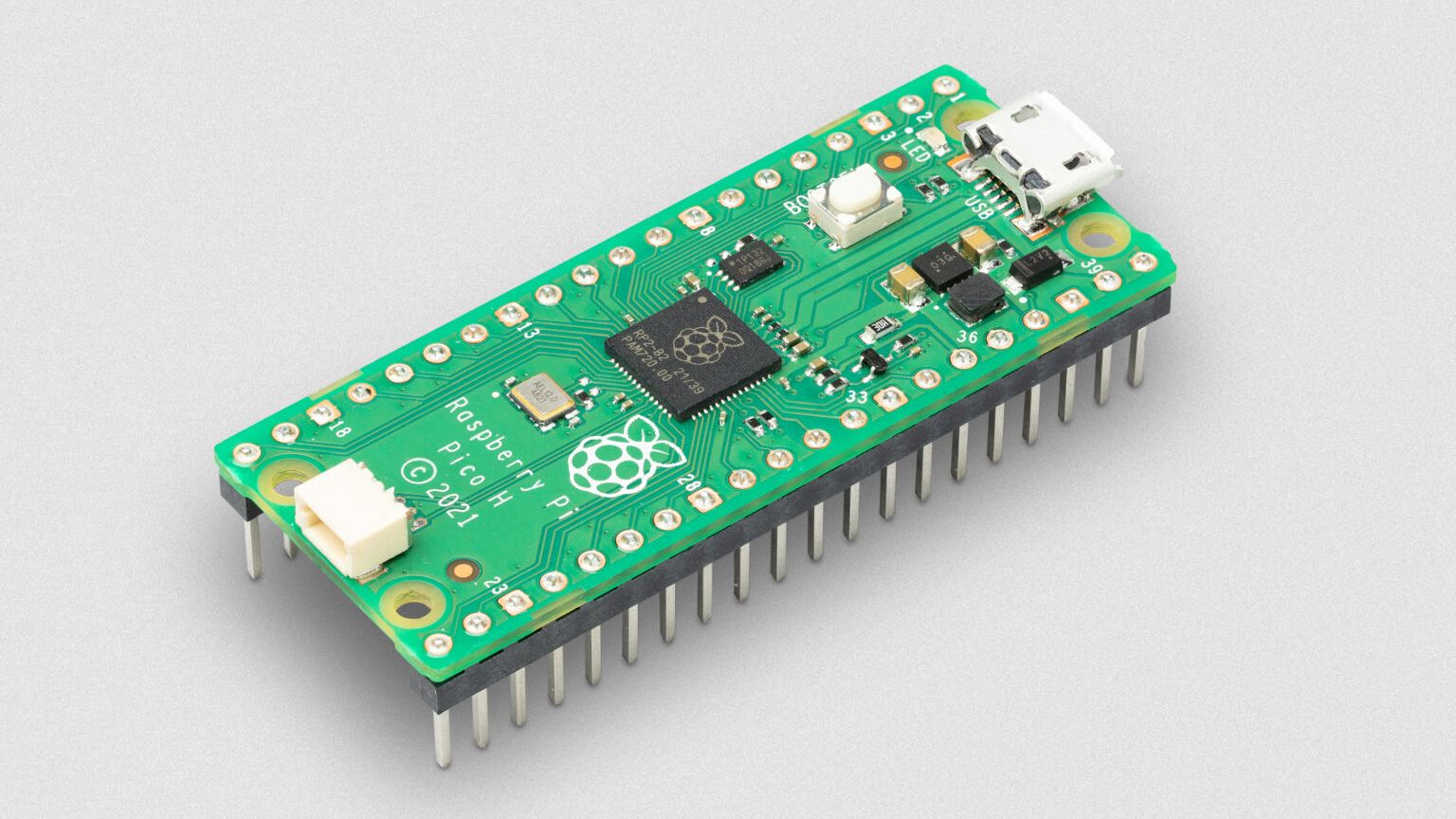
Raspberry Pi has also released The Pico H and Pico WH for $5 (£4.15) and $7 (£5.81) respectively. These two are almost exactly the same as the original Pico and Pico W, but will appeal to those wanting to start working immediately. Both come with pre-populated pin headers, eliminating the need for at-home soldering, and a new 3-pin debug connector.
The Raspberry Pi Pico H and Pico W are both available today, while the Pico WH is expected to release in August.
RELATED RESOURCE

The Pico platform is developed for in the C and MicroPython languages and both have new tools starting today to help them begin working on Raspberry Pi projects with network support.
The latest version of the Pico SDK is available for C developers and the updated UF2 image is available for MicroPython developers too.
The network stack is built around IwIP and uses libcyw43 to communicate with the wireless chip. Use of libcyw43 is usually free for non-commercial use but Raspberry Pi said that developers can enjoy a free commercial use license when building for Pico, or any product based on RP2040 ir CYW43439.

Connor Jones has been at the forefront of global cyber security news coverage for the past few years, breaking developments on major stories such as LockBit’s ransomware attack on Royal Mail International, and many others. He has also made sporadic appearances on the ITPro Podcast discussing topics from home desk setups all the way to hacking systems using prosthetic limbs. He has a master’s degree in Magazine Journalism from the University of Sheffield, and has previously written for the likes of Red Bull Esports and UNILAD tech during his career that started in 2015.
-
 Trump's AI executive order could leave US in a 'regulatory vacuum'
Trump's AI executive order could leave US in a 'regulatory vacuum'News Citing a "patchwork of 50 different regulatory regimes" and "ideological bias", President Trump wants rules to be set at a federal level
-
 TPUs: Google's home advantage
TPUs: Google's home advantageITPro Podcast How does TPU v7 stack up against Nvidia's latest chips – and can Google scale AI using only its own supply?
-
 Build a greenhouse monitor with a Raspberry Pi
Build a greenhouse monitor with a Raspberry PiTutorials How do you improve a Raspberry Pi? By adding real-world sensors – here's how to get started with the Sense Hat
-
 How to turn the Raspberry Pi Zero W into a coat bot
How to turn the Raspberry Pi Zero W into a coat botTutorials Paul turns to the microcomputer for evidence-based sartorial advice
-
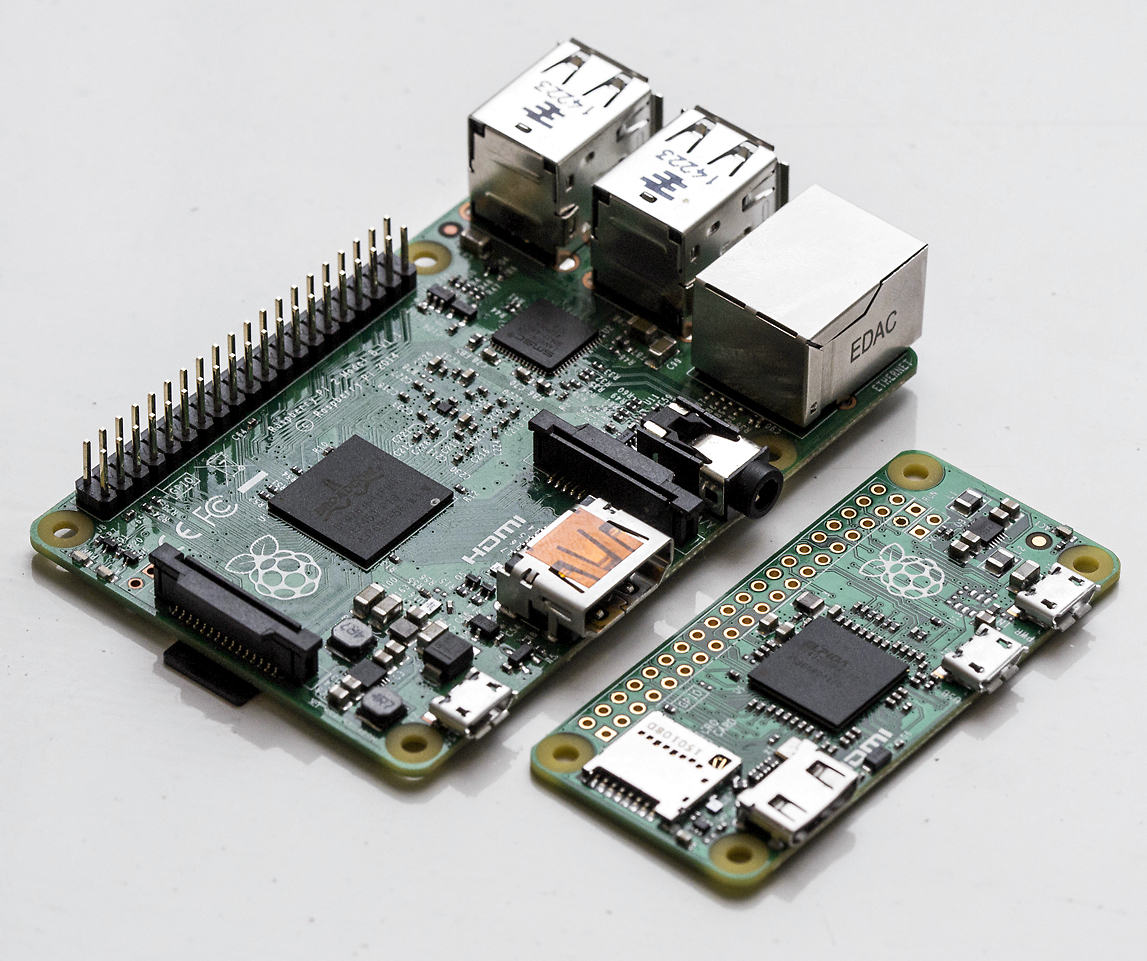 Raspberry Pi setup guide, top projects and price: New Raspbian build offers RealVNC remote access
Raspberry Pi setup guide, top projects and price: New Raspbian build offers RealVNC remote accessIn-depth Now you can remotely manage your Raspberry Pi project from a tablet or PC
-
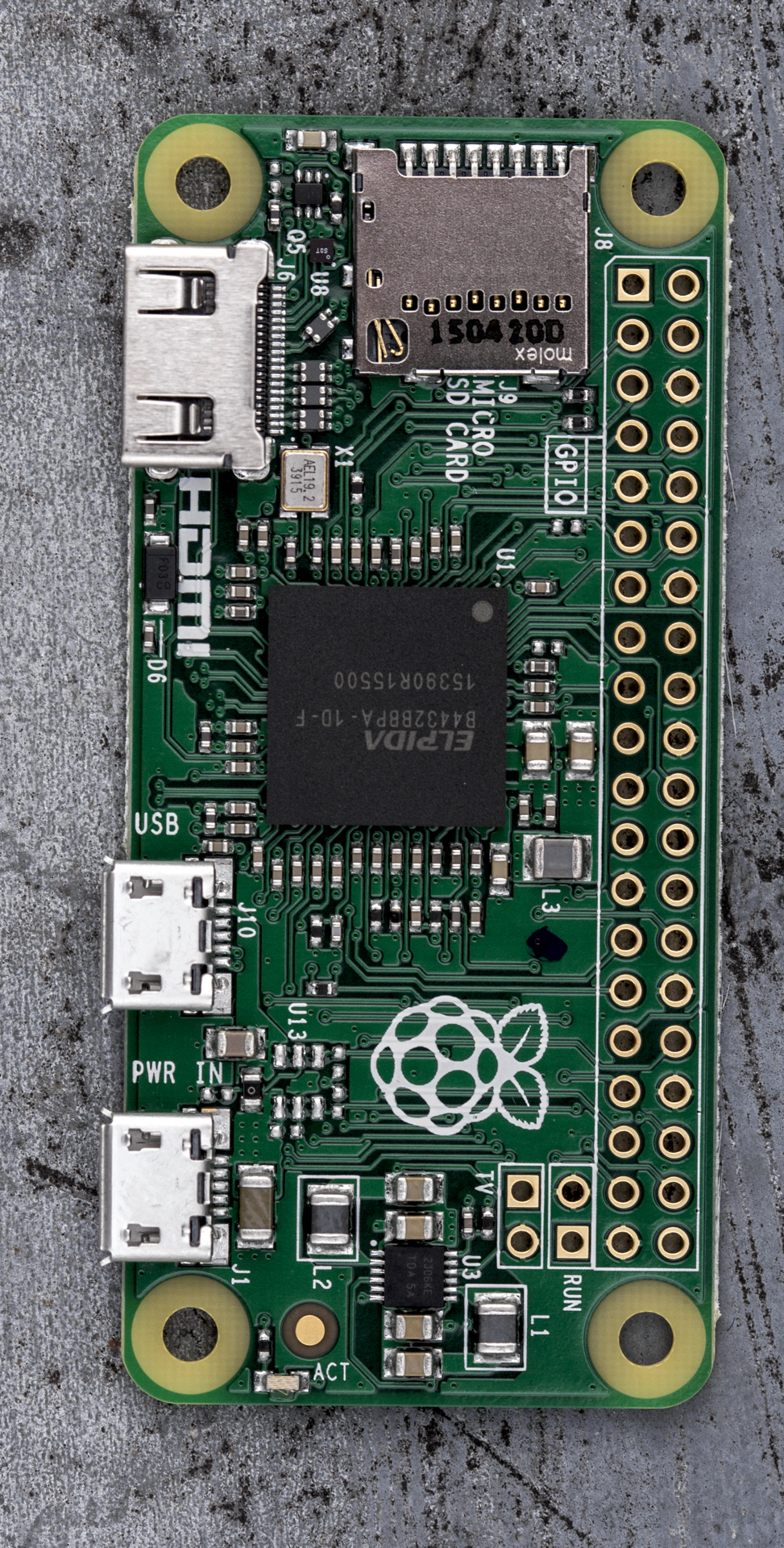
 Raspberry Pi Zero review - the £4 mini PC
Raspberry Pi Zero review - the £4 mini PCReviews The tiniest and cheapest computer we've ever squeezed it into an office environment